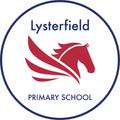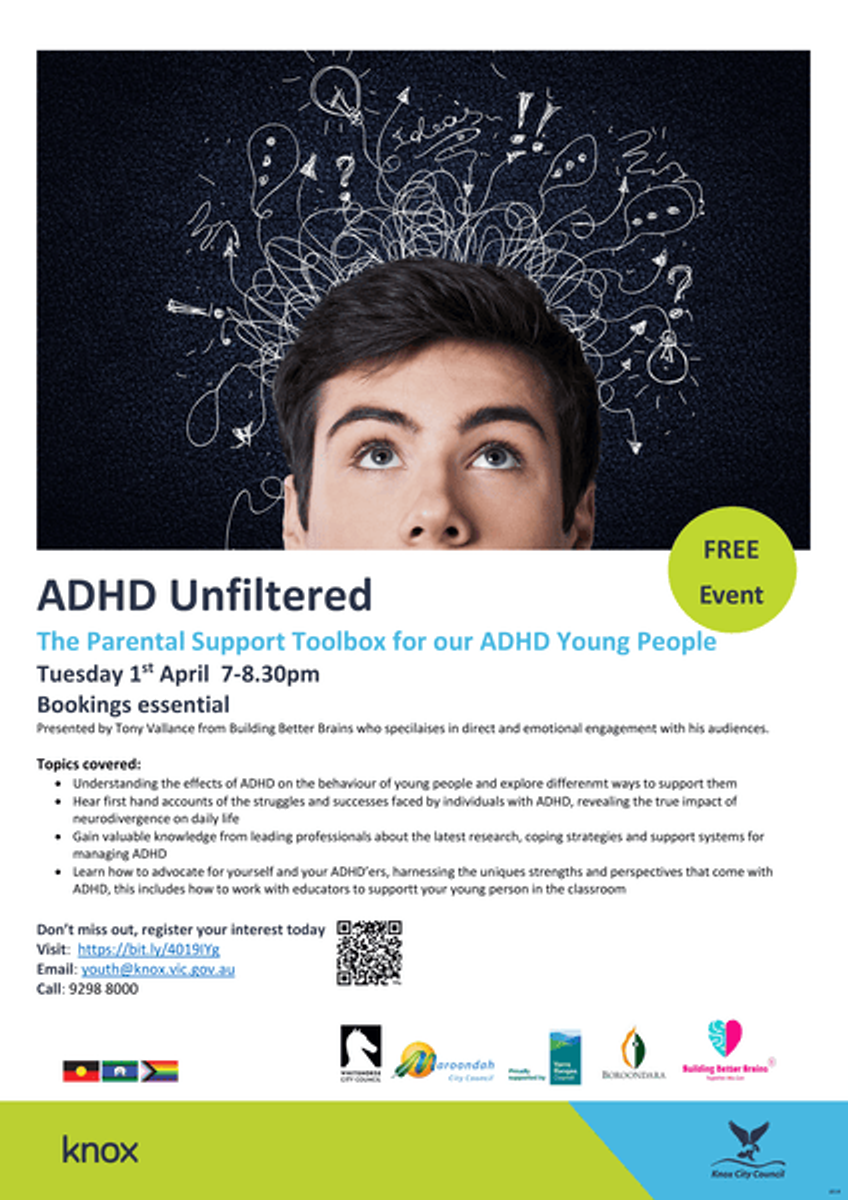Student Wellbeing & Mental Health

Lysterfield Primary Student Wellbeing and Mental Health Team
Robyn Mowat \ Assistant Principal - Student Inclusion and Wellbeing
Kayla Pepper \ Mental Health & Wellbeing Leader
Neil Butler \ Student Wellbeing Advisor
Kim Bedford \ School Counsellor/Social Worker
Neurodiversity Week
"The world needs all kinds of minds." – Dr. Temple Grandin
Neurodiversity Celebration Week (March 17th-23rd) is a worldwide initiative that challenges stereotypes and misconceptions about neurological differences. It aims to transform how neurodiversity is perceived and provide the opportunity to recognise the many skills and talents of neurodivergent individuals while creating more inclusive and equitable cultures that celebrate differences and empower every individual.
Inclusive Practices at Lysterfield Primary School
At LPS, we use Explicit Direct Instruction (EDI) as our normal classroom practice to provide clear, structured, and engaging lessons that benefit all students, including our neurodivergent learners. EDI breaks learning into manageable steps, offers guided practice, and includes frequent checks for understanding, ensuring students feel supported and confident in their learning. We are committed to creating an environment where every student feels valued, understood, and supported.
Here are some of the ways we ensure that neurodivergent students can thrive:
- Targeted Teaching Strategies for Support: We provide differentiated support and a variety of teaching strategies to support diverse learning styles, such as visual schedules/timetables, Zones of Regulation, brain and movement breaks etc.
- Social Stencil Small Group Program: Social Stencil is an evidence based neuroaffirming program that is designed to build respect and understanding of one another. ‘Social Stencil’ is not a traditional social skills program. It does not aim to train young people to learn a particular set of social skills considered ‘ideal’ or ‘most acceptable’. With the support of facilitators who model inclusive and encouraging language the program builds the group’s shared understanding of complex human emotions, friendship concepts and skills to help them build peer relationships and manage real-life problems and conflict with others.
- Lunchtime Clubs: We offer a range of structured lunchtime clubs that provide all students with opportunities to explore interests, build friendships, and engage in enjoyable activities in a supportive environment. Many neurodivergent students find these clubs a safe space at lunch time.
- Sensory-Friendly Spaces: We have quiet areas and calming zones both in and outside of the classrooms where students can take supported breaks if needed.
- Individual Education Plans: We work closely with families to develop IEPs tailored to suit each child’s unique strengths and needs.
Helpful Resources for Parents & Book Recommendations
For those who would like to learn more about neurodiversity and how to support neurodivergent children, here are some useful websites:
- Autism Spectrum Australia (Aspect): https://www.autismspectrum.org.au
- Understood.org: https://www.understood.org (Great for ADHD, dyslexia, and other learning differences)
- Raising Children Network (Australia): https://raisingchildren.net.au (Provides resources on child development, including neurodiversity support)
These resources offer guidance, strategies, and community support for families navigating neurodivergence.
Recommended Books for Parents and Children
Reading together can be a great way to foster understanding and celebrate neurodiversity. Here are some recommended books that cover a range of neurodivergent experiences, including Autism Spectrum Disorder (ASD), ADHD, dyslexia, and more:
- For Children:
- All Dogs Have ADHD by Kathy Hoopmann (A fun, accessible book about ADHD)
- Tom’s Special Talent by Kate Gaynor (A book about dyslexia and embracing strengths)
- The Girl Who Thought in Pictures: The Story of Dr. Temple Grandin by Julia Finley Mosca (An inspiring story of scientist with ASD)
- My Brother Charlie by Holly Robinson Peete & Ryan Elizabeth Peete (A story about autism from a sibling’s perspective)
- Thank You, Mr. Falker by Patricia Polacco (A powerful story about dyslexia and perseverance)
- For Parents & Educators:
- The Dyslexic Advantage: Unlocking the Hidden Potential of the Dyslexic Brain by Brock L. Eide & Fernette F. Eide
- Smart but Scattered by Peg Dawson & Richard Guare (A great resource on executive function challenges, including ADHD)
- NeuroTribes: The Legacy of Autism and the Future of Neurodiversity by Steve Silberman
- The Explosive Child by Ross W. Greene (Helpful strategies for children with emotional and behavioural challenges)
- The Out-of-Sync Child by Carol Kranowitz (A guide to understanding sensory processing differences)
These books provide insights, strategies, and perspectives to help parents and children embrace neurodiversity.
Here are some ways you can support this important initiative:
- Read books or watch videos about neurodiversity together as a family to build awareness and understanding.
- Talk with your child about neurodiversity and the importance of embracing differences.
- Encourage kindness, empathy, and inclusion at home and in the community.
Workshops / Information
Anglicare Parentzone Newsletter - Parenting in the East What's On Term 2 2025
News and information on programs, services, groups and events to support parents across the Eastern Region of Melbourne. Some of the upcoming programs for Term 2 include Parenting Anxious Children, Talking Teens, Circle of Security Parenting and Tuning in to Kids -
ParentZone Pods
Podcasts for parents, carers and those who support others with their parenting. The ParentZone Teams are delighted to bring you TWELVE ParentZone Pods. Each Pod identifies and explores common issues parents bring to our parenting groups and offers strategies to try in these situations.
Podcast Series 1
Episode 1: Family Meetings
Episode 2: Dealing with Anxiety
Episode 3: Sibling Rivalry
Episode 4: Getting Children to Listen
Episode 5: How to Respond to Kids' Behaviour
Episode 6: How to Stop Yelling at your Kids
Podcast Series 2
Episode 1: Positive Discipline
Episode 2: School Refusal
Episode 3: Parenting our Teenagers
Episode 4: Meltdowns vs Tantrums
Episode 5: Couples Parenting Together
Episode 6: Dads Parenting Today
ParentZone Pods can be found on our website, Apple and via Spotify
ADHD Unfiltered Parent Night - Free
Presented by Tony Vallance from Building Better Brains, this free parent information evening will provide a toolbox for supporting young people with ADHD.
Tuesday 1st April 2025 - 7pm-8:30pm
Bookings essential - https://bit.ly/4019IYg
For more information please email youth@knox.vic.gov.au


